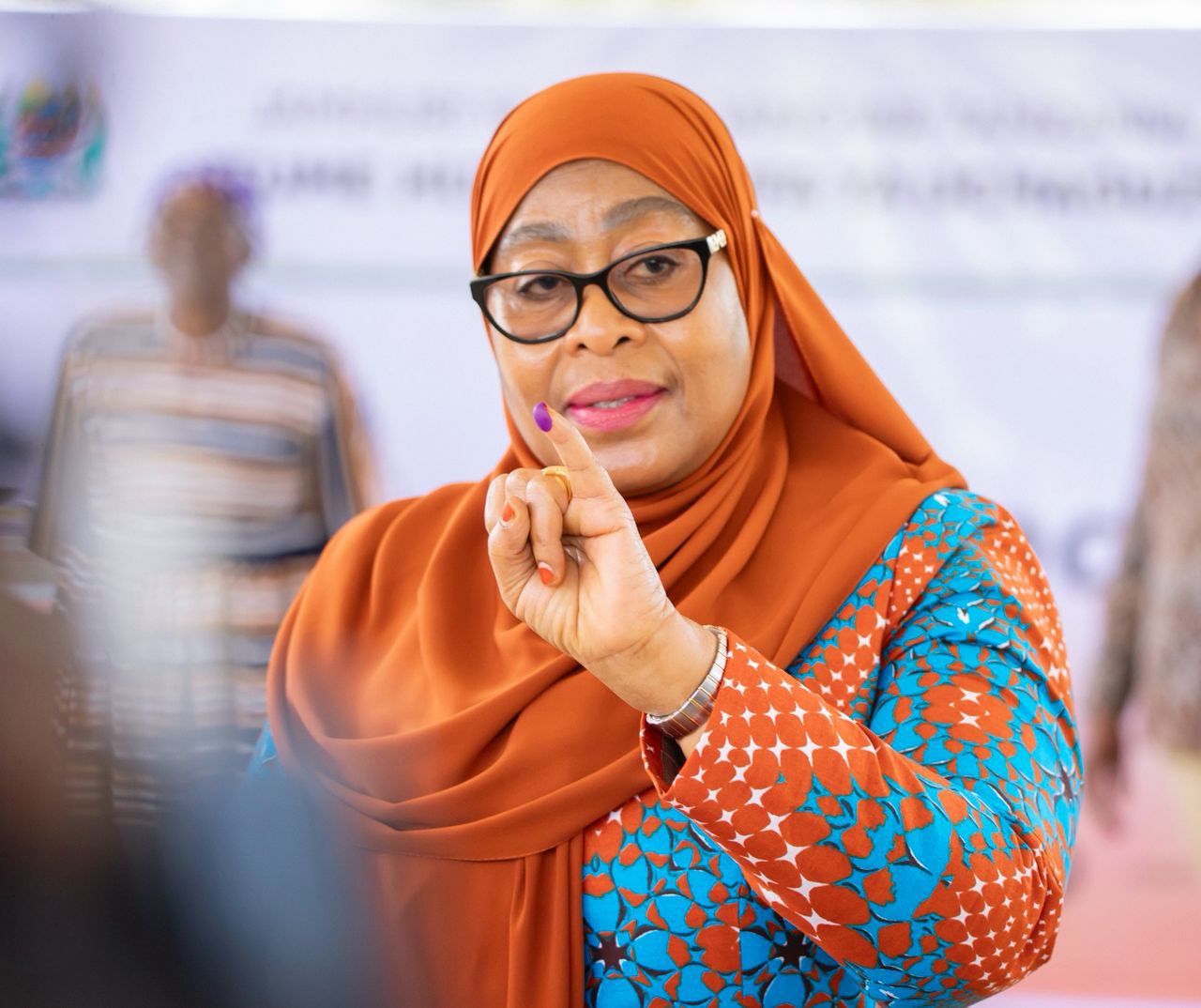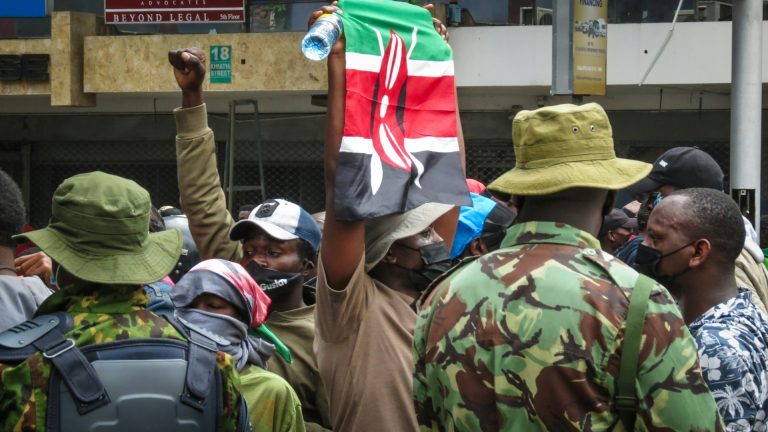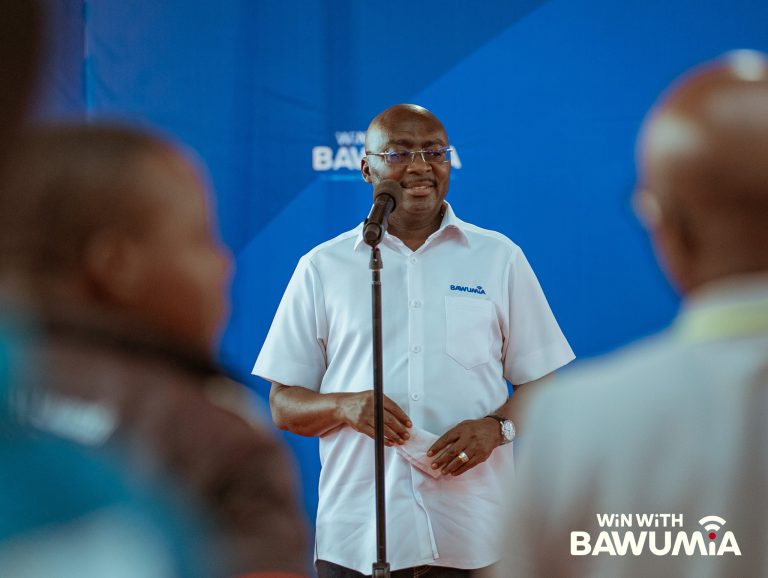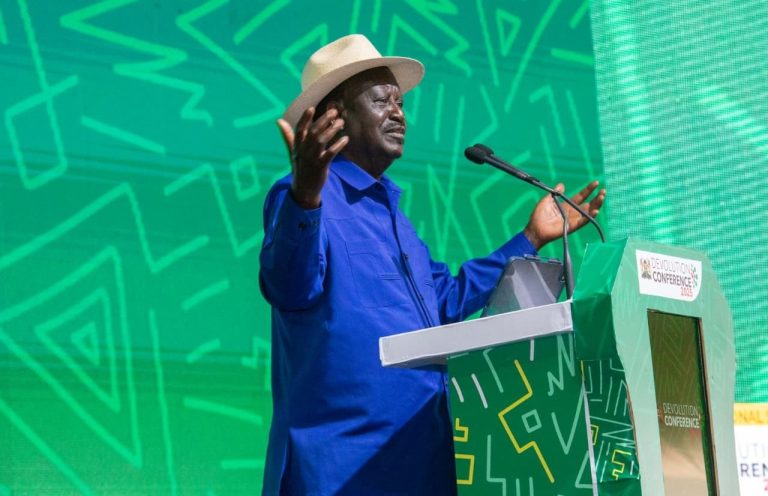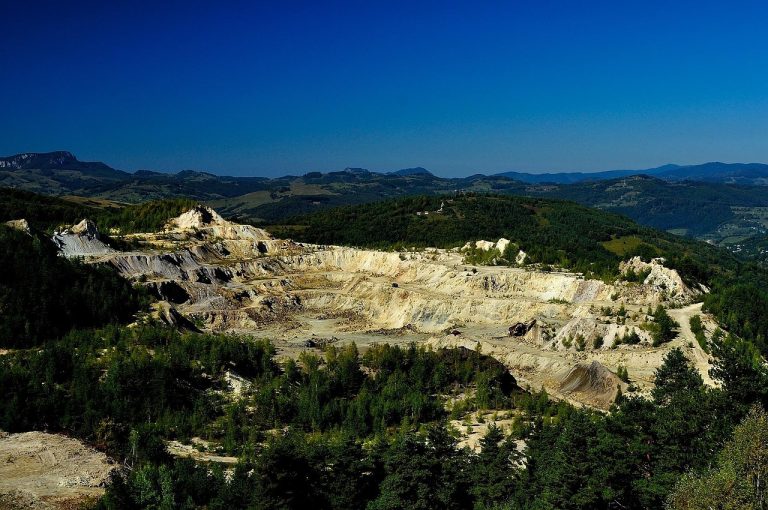- Tanzanian authorities charge 240 people with treason
- Major candidates were disqualified from the votes
DAR ES SALAAM, TANZANIA – Authorities in Tanzania have charged at least 240 people with treason following last week’s deadly protests over the nation’s general election.
Prosecutors allege the suspects attempted to obstruct the 29 October vote by inciting demonstrations in the commercial capital, Dar es Salaam. The accusations include “conspiracy to commit treason” as well as treason itself— both capital offences under Tanzanian law.
The mass arraignment comes after Samia Suluhu Hassan was officially declared the winner of the election with 97–98 % of the vote, in a contest widely condemned by observers as neither free nor fair. The main opposition parties were effectively barred from participation and major candidates disqualified or in detention, sparking immediate unrest.
Context of crackdown
What makes this development particularly sharp in international terms is the regional ripple effect and the broader implications for governance and human rights in East Africa. Before the vote, several high-profile opposition figures – including Tundu Lissu, head of the main opposition party Chadema – were arrested and charged, effectively depriving the poll of credible challengers.
Security forces’ response to protests exceeded routine crowd control: witnesses and rights-groups report live fire, mass arrests and disappearing bodies. The government, however, has rejected claims of large-scale fatalities – while observers say several hundred may have died.
Analysts warn that this marks a shift from the earlier hopes held when President Suluhu first entered office in 2021. What was previously framed as a moderate transition from the late John Magufuli’s era now appears to be drifting back toward authoritarian dynamics, with potentially severe implications for Tanzania’s reputation, foreign investment and donor relations.
Diplomatic fallout is already evident. Kenya’s foreign ministry expressed concern for the safety of its nationals in Tanzania after reports of Kenyan workers allegedly targeted in the crackdown. Pressuring Tanzania for guarantees, Nairobi is watching closely.
For regional blocs such as the African Union and the East African Community, Tanzania’s direction raises questions about rule-based order, election integrity and democratic precedent in a context already fraught with fragile transitions.
International human-rights organisations are now calling for independent investigation of the treason charges, the deaths linked to the protests, and the exclusion of opposition from the electoral process. Failure to address these issues could jeopardise Tanzania’s external relationships and its standing as a partner in regional security initiatives.
Key facts
- Charges filed in Dar es Salaam (and reportedly other regions) accuse more than 240 defendants of intended obstruction of the electoral process.
- The election result: President Suluhu secured nearly 98 % of the vote while two major opposition candidates were banned.
- The treason charge carries the death penalty, though executions have not been carried out in Tanzania since the 1990s, and commutation to life imprisonment is common.
Tanzania now faces a critical juncture: whether it will continue down a path of hardened repression or recalibrate toward meaningful political inclusion. For foreign governments, investors and regional institutions the message is clear – Tanzania’s trajectory will matter not just for its domestic politics, but for East Africa’s democratic posture and economic stability.
